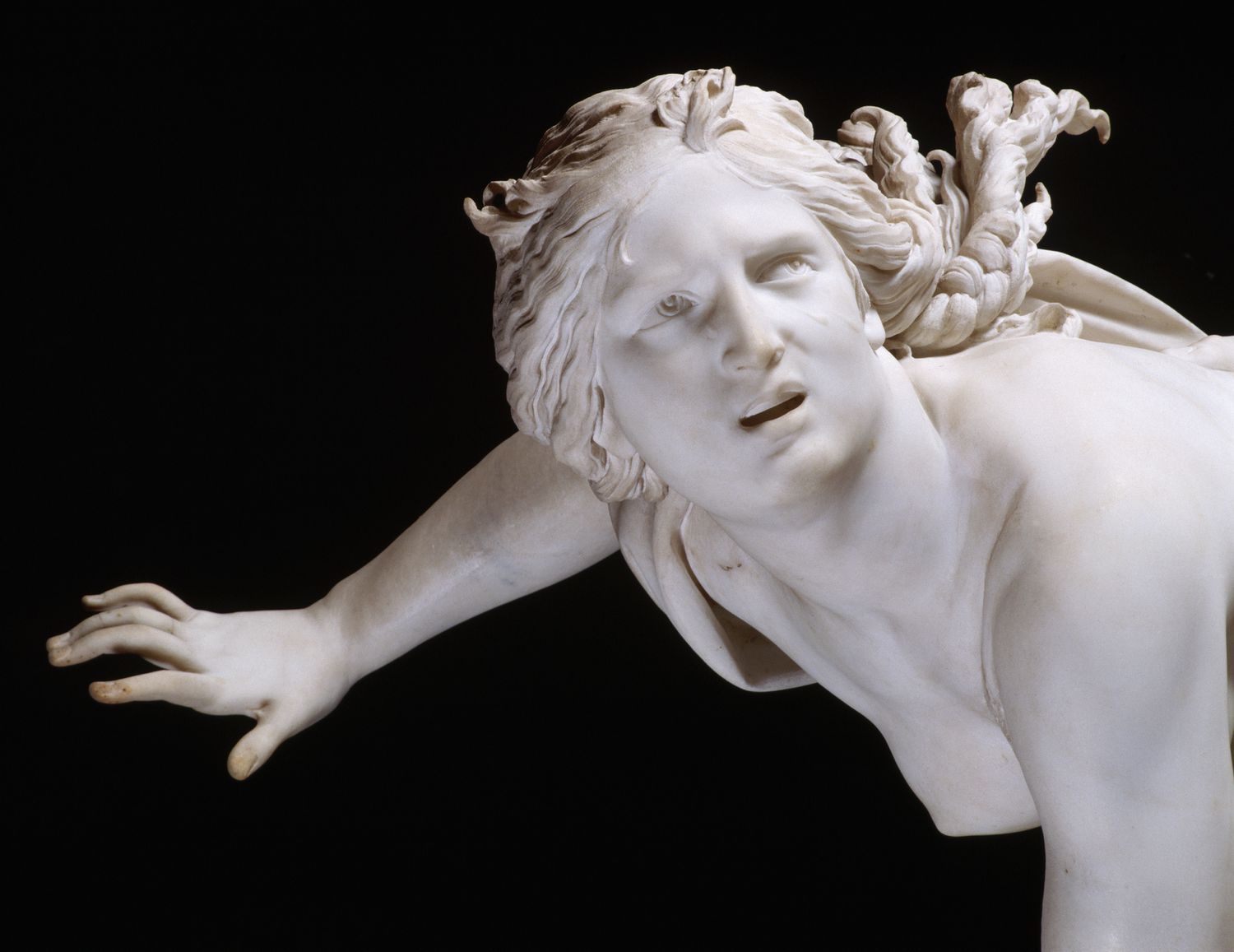
Ever wondered about the mysteries shrouding Persephone, the enchanting queen of the underworld? This goddess's tale is as rich and multifaceted as the seasons she governs. From her abduction by Hades to her role as a symbol of rebirth and vegetation, Persephone's story is a captivating blend of love, drama, and power. But what truly makes Persephone such a fascinating figure in mythology? It's her dual role as the bringer of spring and the queen of the underworld, bridging two worlds with her unique powers and personality. In this blog post, we'll dive into 14 great facts about Persephone that illuminate her significance in Greek mythology and her lasting impact on culture and art. Get ready to be enthralled by the intriguing details of her life, her myths, and the lessons they hold for us today.
Key Takeaways:
- Persephone's myth embodies the cycle of life, death, and rebirth, influencing ancient rituals and inspiring art and literature across cultures for centuries.
- Persephone's story of abduction, growth, and resilience continues to captivate modern audiences, showcasing universal themes of change, loss, and hope in popular culture.
Who Is Persephone?
Persephone, a name that resonates with mystery and allure, stands as a central figure in Greek mythology. Daughter of Zeus and Demeter, her story is not just about abduction by Hades but also about growth, change, and the balance between light and dark. This goddess of spring's tale is a fascinating blend of sorrow and hope, illustrating her dual role as queen of the underworld and symbol of rebirth.
The Abduction of Persephone
- Persephone's story begins with her abduction. While gathering flowers in a field, Hades, the god of the underworld, captivated by her beauty, emerged from the earth and took her to his realm. This event marks a pivotal moment in Greek mythology, setting the stage for the changing seasons.
Persephone's Dual Life
- Living between two worlds, Persephone spends part of the year with Hades in the underworld and the rest with her mother, Demeter, on earth. This arrangement was Zeus's solution to appease both Demeter, who grieved her daughter's absence to the point of causing famine, and Hades, who had legally claimed Persephone as his wife.
Symbol of Spring and Rebirth
- As a goddess of spring, Persephone's return to the earth's surface each year is celebrated as a symbol of rebirth and renewal. Her story encapsulates the cycle of life, death, and rebirth, deeply influencing ancient Greek rituals and festivals.
The Pomegranate Seeds
- A crucial element of Persephone's myth is the pomegranate seeds she ate in the underworld. According to the myth, anyone who consumed food or drink in Hades was bound to it forever. By eating six pomegranate seeds, Persephone was eternally tied to the underworld, explaining her annual return.
Persephone's Influence on Cultures
- Beyond Greek mythology, Persephone's story has influenced various cultures, inspiring art, literature, and religious practices. Her dual role as a symbol of death and renewal has made her a figure of fascination across centuries.
Festivals in Honor of Persephone
- Ancient festivals like the Eleusinian Mysteries were held in honor of Persephone and Demeter. These secretive ceremonies, which promised initiates a path to a more rewarding afterlife, underscored her influence on the concepts of life after death and spiritual rebirth.
Persephone's Role in the Underworld
- In the underworld, Persephone is not just a passive figure; she reigns as queen alongside Hades. Her transformation from an innocent maiden to a powerful queen represents personal growth and the acceptance of one's dual nature.
The Homeric Hymn to Demeter
- The Homeric Hymn to Demeter, one of the oldest known works about Persephone, provides a detailed account of her abduction, her mother's grief, and the eventual compromise that led to the changing seasons. This ancient text remains a key source for understanding her myth.
Persephone and Modern Interpretations
- In modern times, Persephone's story has been reinterpreted through various lenses, including feminism and psychology. These interpretations explore themes of autonomy, consent, and personal transformation, highlighting her relevance today.
Persephone in Art and Literature
- Throughout history, Persephone has been a popular subject in art and literature, depicted in countless works from ancient vase paintings to modern poetry and novels. Her story continues to inspire artists and writers to explore themes of beauty, power, and transformation.
The Eleusinian Mysteries
- The Eleusinian Mysteries, closely associated with Persephone and Demeter, remain one of the most fascinating aspects of ancient Greek religion. Though much of their content is still a mystery, they are believed to have offered initiates a deeper understanding of life and death.
Persephone's Legacy
- Persephone's legacy is a testament to her enduring power and appeal. As a goddess who bridges the worlds of the living and the dead, she embodies the mysteries of life itself, making her a timeless symbol of resilience and renewal.
The Meaning Behind Persephone's Name
- Persephone's name is thought to derive from ancient Greek words for "grain" and "to destroy," reflecting her associations with agriculture and the cycle of death and rebirth. This duality is at the heart of her myth and her role as a deity.
Persephone's Impact on Modern Culture
- Today, Persephone's influence extends beyond mythology into popular culture, where she appears in movies, television shows, and video games. Her story resonates with contemporary audiences, illustrating the universal themes of change, loss, and hope.
A Final Nod to Persephone's Legacy
Persephone's story, rich in symbolism and steeped in ancient mythology, offers more than just a tale from the past. It's a narrative that has woven itself into the fabric of modern culture, influencing art, literature, and even the way we view the seasons. Her journey from the innocent maiden to the queen of the underworld embodies themes of growth, resilience, and the balance between light and darkness. These tales, passed down through generations, remind us of the enduring power of storytelling and its ability to shape our understanding of the world. As we reflect on Persephone's legacy, let's appreciate the depth and complexity of her character, and how her story continues to resonate with people across the globe.
Frequently Asked Questions
Was this page helpful?
Our commitment to delivering trustworthy and engaging content is at the heart of what we do. Each fact on our site is contributed by real users like you, bringing a wealth of diverse insights and information. To ensure the highest standards of accuracy and reliability, our dedicated editors meticulously review each submission. This process guarantees that the facts we share are not only fascinating but also credible. Trust in our commitment to quality and authenticity as you explore and learn with us.


